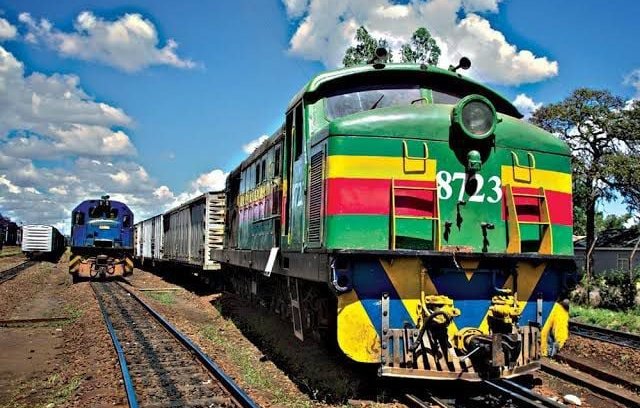A London-based international arbitration tribunal has dismissed all claims brought against the Ugandan government by Rift Valley Railways (RVR), the company that previously operated Uganda’s railway system. The ruling, delivered on July 22, 2025, concludes a protracted legal battle that began in April 2020.
The tribunal’s final decision follows a detailed hearing in March 2024, where the three-member panel reviewed claims exceeding US$2.3 billion (approximately Shs 8.2 trillion) made by RVR Investments (Pty) Ltd (RVRI) and UK Railways Holdings Limited (KURH). These companies, which were investors and ultimate concession holders for the railway systems in both Kenya and Uganda, had accused the two governments of breaching agreements concerning the Meter Gauge Railway (MGR) line.
Background to the Dispute
The dispute stemmed from RVR’s claims that both Uganda and Kenya had failed to harmonize operational standards for the MGR line. RVR argued that the development of the Standard Gauge Railway (SGR) adversely impacted the MGR, claiming that the governments’ actions amounted to a repudiation of the agreements in place. Furthermore, RVR contended that the SGR projects were part of a broader, hidden plan to phase out the MGR altogether, citing insufficient investment and a perceived lack of government support.
However, after an extensive review of the evidence and a thorough hearing, the tribunal rejected all of RVR’s claims. The panel determined that Uganda had not breached any obligations concerning harmonization and found that the termination of the Uganda Concession Agreement was justified, stemming from RVR’s own failures.
Uganda's Position Upheld
Throughout the arbitration process, the Ugandan government consistently maintained that it had adhered to its contractual obligations. Uganda argued that RVR’s own mismanagement, underperformance, and failure to meet key targets such as agreed freight volumes and maintenance commitments were the primary reasons for the termination of the concession.
The tribunal’s dismissal of RVR’s claims affirms Uganda’s position, underscoring that the termination of the concession was both lawful and necessary to safeguard the nation’s vital railway infrastructure.
Legal Victory and Costs Awarded to Uganda
In a significant development, the tribunal not only cleared Uganda of all accusations but also ordered RVR to pay the Ugandan government substantial legal fees. Uganda is to receive US$3,668,519.25 in legal costs and GBP 200,369.11 in arbitration costs.
The government of Uganda was represented in the proceedings by the Attorney General’s Chambers, supported by international law firms Curtis, Mallet-Prevost, Colt & Mosle LLP and K&K Advocates.
This ruling marks a decisive end to a costly and contentious legal battle, offering a legal and financial vindication for Uganda’s handling of the railway concession.
